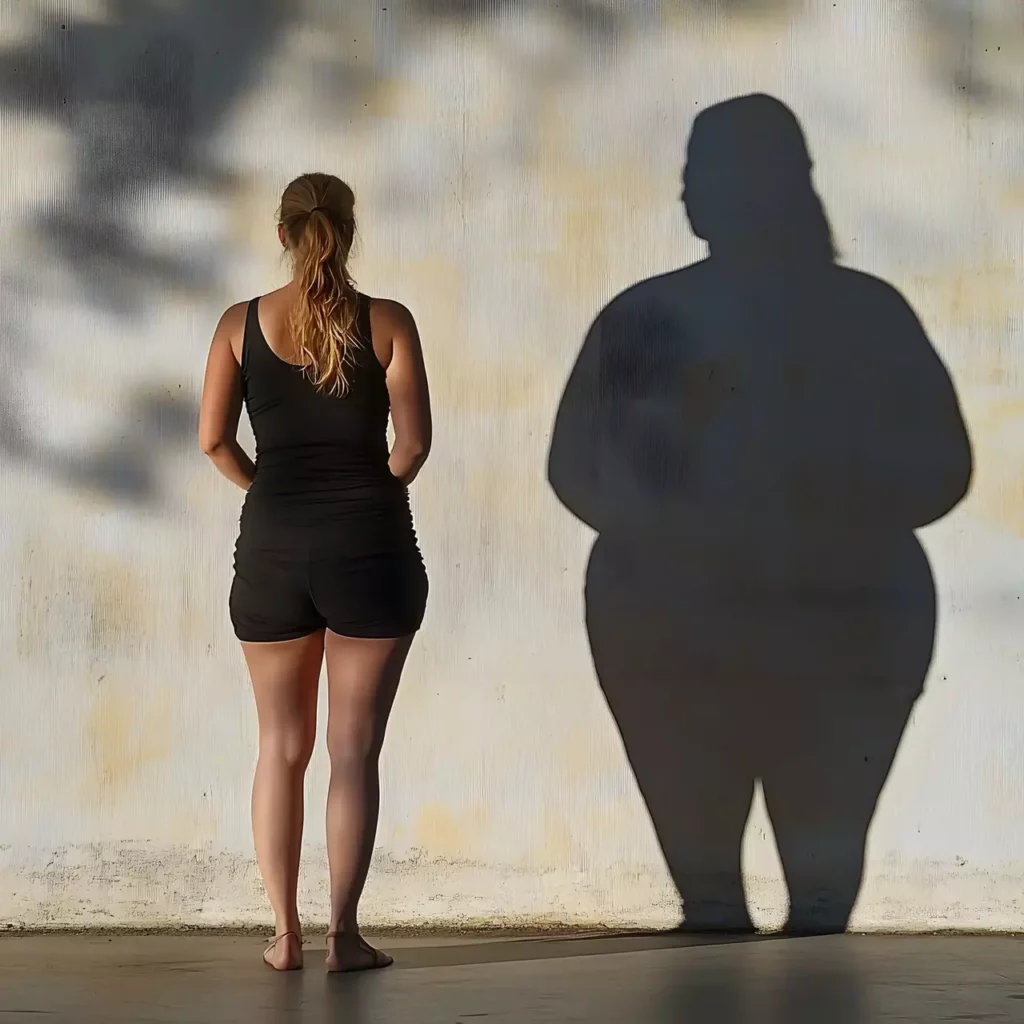
Body Image Issues
Body image issues affect many individuals, leading to self-doubt, low self-esteem, and emotional distress. Managing body image can be a significant mental health challenge in today’s world because of societal pressures and social media’s amplification of unrealistic beauty standards. When left unaddressed, these issues can impact relationships, social life, and mental health, increasing the risk of conditions like depression, anxiety, and eating disorders.
Seeking professional support can provide the tools needed to foster self-acceptance and develop a positive self-image.
What Are Body Image Issues?
Body image refers to how a person perceives their appearance and feelings about their body. They can lead to severe emotional stress when negative thoughts dominate. Some common manifestations of body image issues include:
- Persistent dissatisfaction with physical appearance.
- Comparing oneself unfavorably to others.
- Avoiding social situations due to body-related anxiety.
- Developing unhealthy eating patterns or exercise habits.
- Body dysmorphia – an obsessive focus on perceived flaws.


Who Can Benefit from Body Image Therapy?
Body image therapy is beneficial for individuals at various stages of life. It is beneficial for:
- Those experiencing persistent negative thoughts about their appearance.
- Individuals managing anxiety, depression, or eating disorders related to body image.
- Teens and young adults struggling with social media pressures to conform to idealized beauty standards.
- People with body dysmorphia or low self-worth who want to regain confidence.


